
The Federal Government is considering reducing the crude oil supply to Dangote Petroleum Refinery from its current allocation of 300,000 barrels per day unless there is a significant increase in Nigeria's oil production, The PUNCH reported on Wednesday.
This adjustment is part of the government's naira-for-crude initiative, following the recent commencement of operations at the Warri and Port Harcourt refineries, which collectively process about 135,000 barrels per day.
Both refineries, operated by the Nigerian National Petroleum Company Limited (NNPCL), were previously neglected for years in favor of fuel imports.
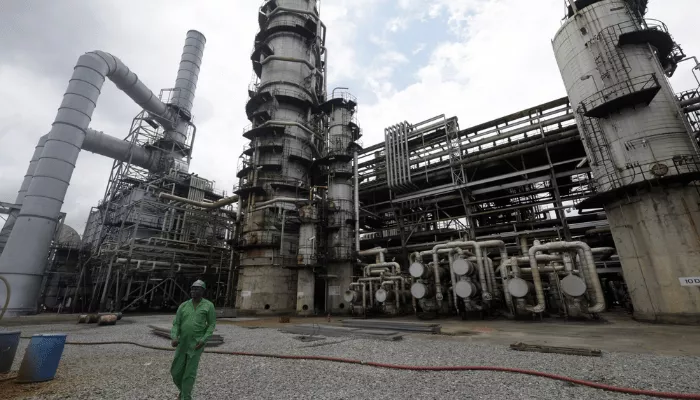
The reduction in crude allocation to Dangote Refinery is reportedly aimed at ensuring an equitable distribution of crude among all local refineries, fostering competition in the downstream sector.
The naira-for-crude initiative, introduced last year, allocated 450,000 barrels daily to domestic refineries, with Dangote Refinery initially receiving 300,000 barrels as part of a six-month pilot program.
A source close to the development revealed that with the Warri and Port Harcourt refineries now operational and additional facilities like Kaduna and the BUA refinery expected to join soon, the crude supply to Dangote Refinery will likely be reduced.
"The current 300,000 barrels allocated to Dangote Refinery will have to be shared among all refineries, given the increasing demand," the source explained, adding that improved crude oil production remains the only sustainable solution.
The naira-for-crude initiative was introduced to mitigate foreign exchange volatility and lower petrol prices. According to the Crude Oil Refinery Owners Association of Nigeria (CORAN), the program has succeeded in reducing fuel costs, with further price drops anticipated as local refining capacity increases. CORAN emphasized the need for greater crude oil production to meet rising demand.
Meanwhile, the NNPCL has stopped selling crude oil on credit to local refineries, requiring payment upfront to boost government revenues.
This policy change has drawn criticism from some refiners, who argue it could strain their operations. Dangote Refinery, which has an optimal capacity of 650,000 barrels per day, may resort to crude imports at international market prices if local supply diminishes.
The Nigerian Upstream Petroleum Regulatory Commission (NUPRC) has projected that local refineries, including Dangote, Warri, and Port Harcourt, will require over 123 million barrels of crude oil between January and June 2025.
To meet this demand, the government aims to increase daily crude production to over 2 million barrels through initiatives such as Project 1 Million Barrels.
This strategic push to enhance domestic refining aligns with Nigeria's broader goal of reducing reliance on imported petroleum products and achieving self-sufficiency in fuel production.
The first half of 2025 is expected to witness increased collaboration between upstream producers and local refineries, marking a significant step toward a more sustainable petroleum industry in the country.

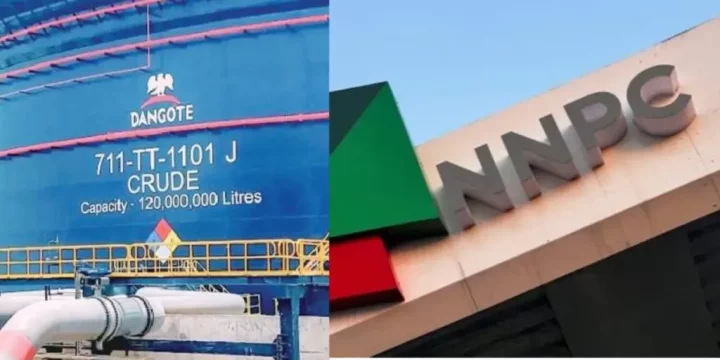

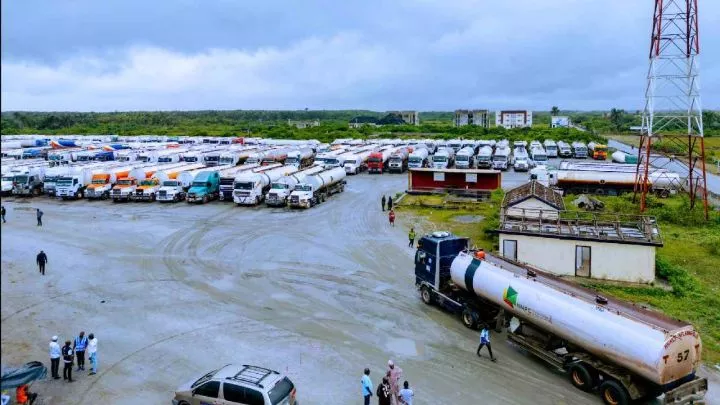
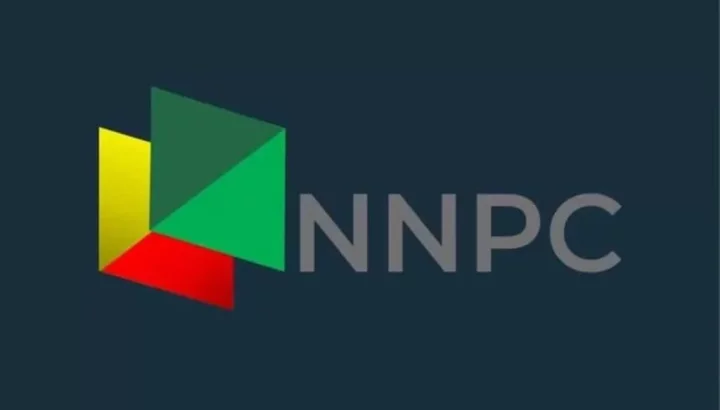
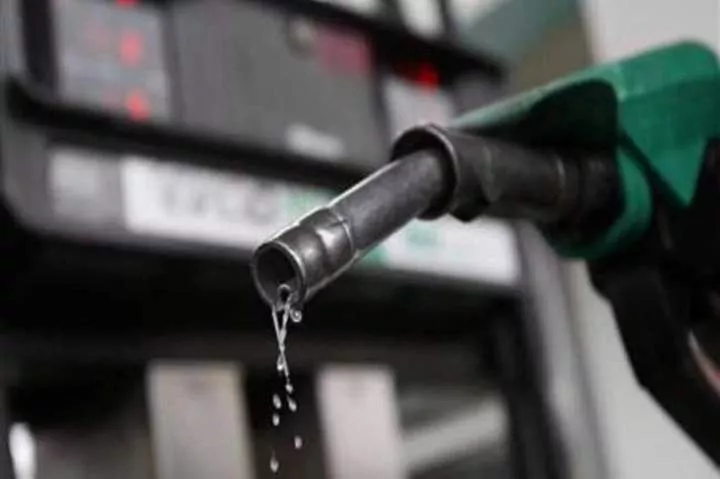






![One Dies, Others Injured As Machine Malfunctions [VIDEO] One Dies, Others Injured As Machine Malfunctions [VIDEO]](https://img.netnaija.com/hsi/aHR0cDovL3d3dy55YWJhbGVmdG9ubGluZS5jb20vd3AtY29udGVudC91cGxvYWRzLzIwMTcvMDcvbWFjaGluZS5qcGc=/images/machine.jpg)


Comments